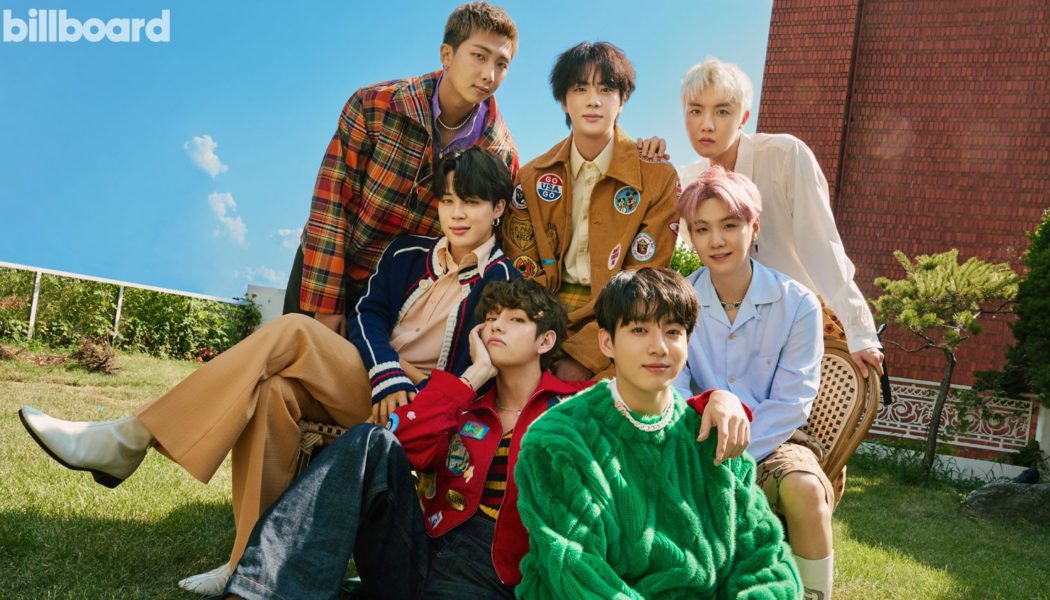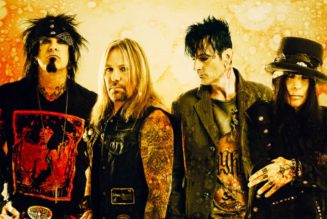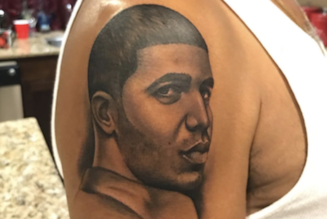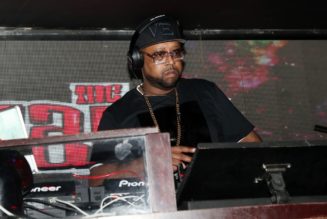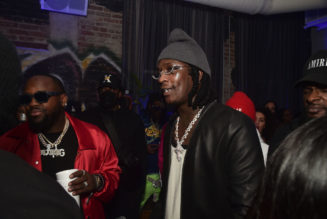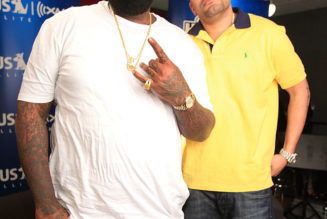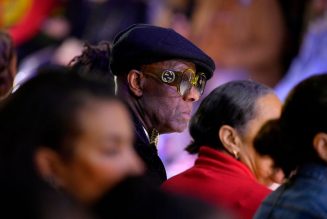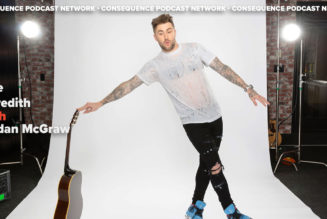
When the seven members — Jin and Suga, 28; J-Hope, 27; RM, 26; V and Jimin, 25; and Jungkook, the mystery hallway singer, is 23 — sit down and begin answering questions, however, they look and sound like the veteran pop stars they are. Seated in foldaway chairs on a stage — where the white surfaces bear shoe prints and other marks from a recent livestreamed appearance on The Tonight Show Starring Jimmy Fallon — they speak politely, eloquently and with conviction, emanating the humble charisma that has charmed millions of fans into supporting them with an almost religious fervor.
“We are not exceptional people — our plate is small,” says rapper Suga, the group’s bookworm, using the Korean expression for lack of ability or small-mindedness. “We’re these rice-bowl-size guys getting so much poured into it. It’s overflowing.” V chimes in: “The pressure has been overwhelming.”
“We’ve been avoiding blowing our own horn since 2017 because we’re afraid of payback someday,” adds RM, the rapper who usually acts as the de facto spokesman-leader. “We constantly think about karma.”
That kind of self-deprecation is, says RM, at least somewhat just part of BTS’ “Korean DNA.” But it’s also the product of a stratospheric rise to global stardom and unusual staying power that, the group itself is first to admit, has come as a surprise. Following the viral success of PSY’s dance anthem “Gangnam Style” in 2012, multiple K-pop acts from the early 2010s gained some traction overseas, but none came close to penetrating mainstream pop the way that song did. That a boy band from a cash-strapped agency like Big Hit Entertainment — recently rebranded as HYBE, which went public in October — could conquer the global music industry a few years later was unthinkable. “We made our debut through such a small company, and it’s been tough from day one,” says Suga. “My dream was never huge.”
In 2014, BTS was handing out free tickets on the streets of Los Angeles to perform to a crowd of about 200 at West Hollywood’s Troubadour. Three years later, at the 2017 Billboard Music Awards — the first time the group says it witnessed the power of U.S. fandom — it won top social artist, breaking Justin Bieber’s six-year streak. By the following year, BTS was selling out stadiums around the world (including in the United States) and regularly breaking records: five No. 1 albums on the Billboard 200 since 2018, the fastest accumulation by a group since The Beatles in 1966-68; five No. 1 hits on the Hot 100 in under a year, the quickest run of five since Michael Jackson in 1987-88; several music videos garnering over 1 billion views each on YouTube. It’s the first K-pop act to be nominated for a Grammy, and earlier this year the band won four BBMAs. According to IFPI, its album Map of the Soul: 7 was the world’s best-selling last year; follow-up BE was ranked fourth despite being released in late November.
Alongside BTS’ international explosion, HYBE has likewise transformed. A month after rebranding in March, the company paid $1.05 billion to buy uber-manager Scooter Braun’s Ithaca Holdings — and went from being a small agency with a valuation of 10 billion South Korean won (at the time about $9.3 million) in 2011 to an industry juggernaut worth over 1,000 times more (about $9.5 billion). In turn, BTS’ members, who own shares in HYBE, have become multimillionaires, each holding equity worth about 20 billion won ($17 million).
“As we’ve gotten older, our perspective has become wider,” says Jin, the vocalist who often introduces himself as “worldwide handsome” to deafening screams from fans. “You can’t ignore experience,” adds J-Hope, the group’s lead dancer and most cheerful member. “When we were 20, we had the guts. We charged forward without looking. Now we’re more prudent.” “I’ve become calmer,” says Jimin. “There are more things to consider in my head.”

